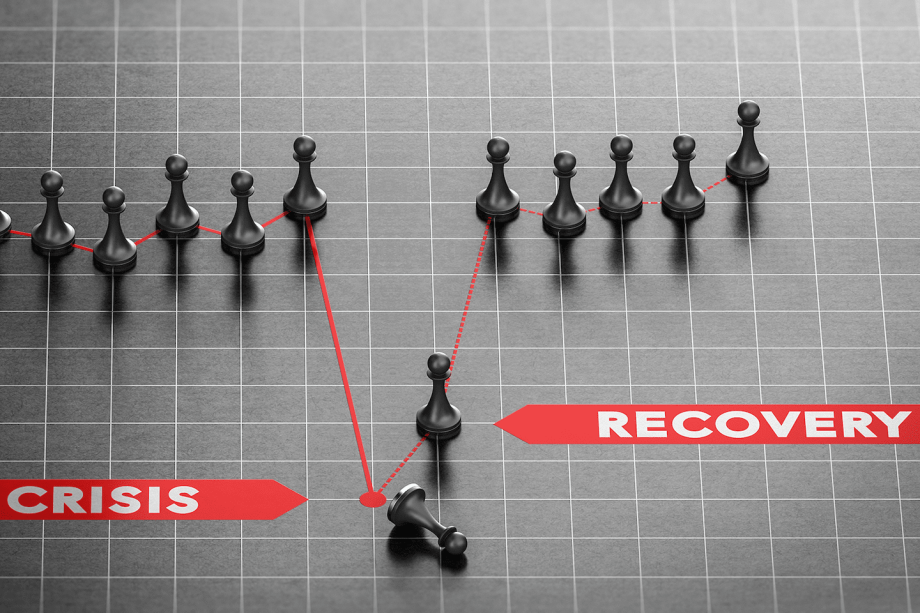Central Europe's view on the EU Recovery package and response to COVID-19

Austria, Czechia and Slovakia, often referred to as the ‘Slavkov’ format, take a different stance on the EU Recovery package, in particular when it comes to the question of whether help from Brussels should come in the form of loans or grants. Austria as a member of the informal ‘frugal four’ group of the more hawkish EU countries, favours the loans. Slovakia, on the contrary, would be willing to accept grants and the Czech Republic finds itself somewhere in the middle. Amid divergent views, all three agreed that the EU money is taxpayers’ money and needs to be spent wisely and responsibly.
Those were some of the conclusions of the webinar ‘Central European responses to the Covid-19 crisis and new priorities’ organized on 27 May 2020 with the high level speakers– Karoline Edstadler, Federal Minister for the EU and Constitution at the Federal Chancellery of Austria, Milena Hrdinková, State Secretary for European Affairs, Office of the Government of the Czech Republic, and Martin Klus, State Secretary for European Affairs, Ministry of Foreign Affairs of Slovakia. The discussion was led by the Director of GLOBSEC Policy Institute Alena Kudzko.
Another key argument raised during the online event was that when designing the recovery plans, ‘human’ and economic factors should go hand in hand. This is because the strong economy and increased convergence across the EU allows for the strengthening of Member States’ capacities to improve their healthcare system too. Coincidentally, this also allows for greater solidarity with the neighbouring countries, as was the case of Austria using their ICU capacities to help countries such as France or Germany.
Minister Edtstadler argued that the EU recovery package money should be used for recovery and resilience building measures and nothing else, especially since this help comes on top of the pre-approved 540 billion for the European Stability Mechanism. Martin Klus expressed hope that the EU will also maintain some flexibility on the matter of using EU funds for as long as necessary. State Secretary Hrdinková emphasized the need to keep an eye on the other EU priorities too, especially when negotiating the next EU budget. Moreover, she argued that the Member States need to be modest about developing too many new procedures and tools, so as not to overwhelm themselves. That being said, the debate about subsidiarity – i.e. the effectivity of national/regional versus EU decision-making powers – is an important one to continue having.
When it comes to tackling the COVID-19 crisis, well-timed strict lockdown measures combined with the citizens’ willingness to stick to the rules and to adopt the necessary precautions were one of the factors that contributed to the success story in battling the first wave of the virus in Central Europe (CE). What is more, the benefit of CE countries knowing in advance what was at stake based on the experience of China as well as Southern Europe, and keeping social distancing more naturally, helped the countries to tackle the crisis more effectively.
An additional important element was the intense and constructive regional cooperation that has developed between the countries in the region in the face of the pandemic - something that is crucial for more effective action. When it comes to gradual deconfinement, taking a coordinated, step by step approach based on the epidemiological development was also highlighted as vital when it comes to the opening of internal EU borders and restoring the Schengen zone. Austria and the Czech Republic are slightly ahead in terms of opening borders than Slovakia. However, all countries are keen to open internal borders as soon as the situation allows given the needs of both the workers living in cross border areas and the needs of the tourism industry, especially the small and family-owned businesses.
This online event was held within the framework of GLOBSEC’s series of actions under the campaign #Hub4Europe

Former Research Fellow, Future of Europe